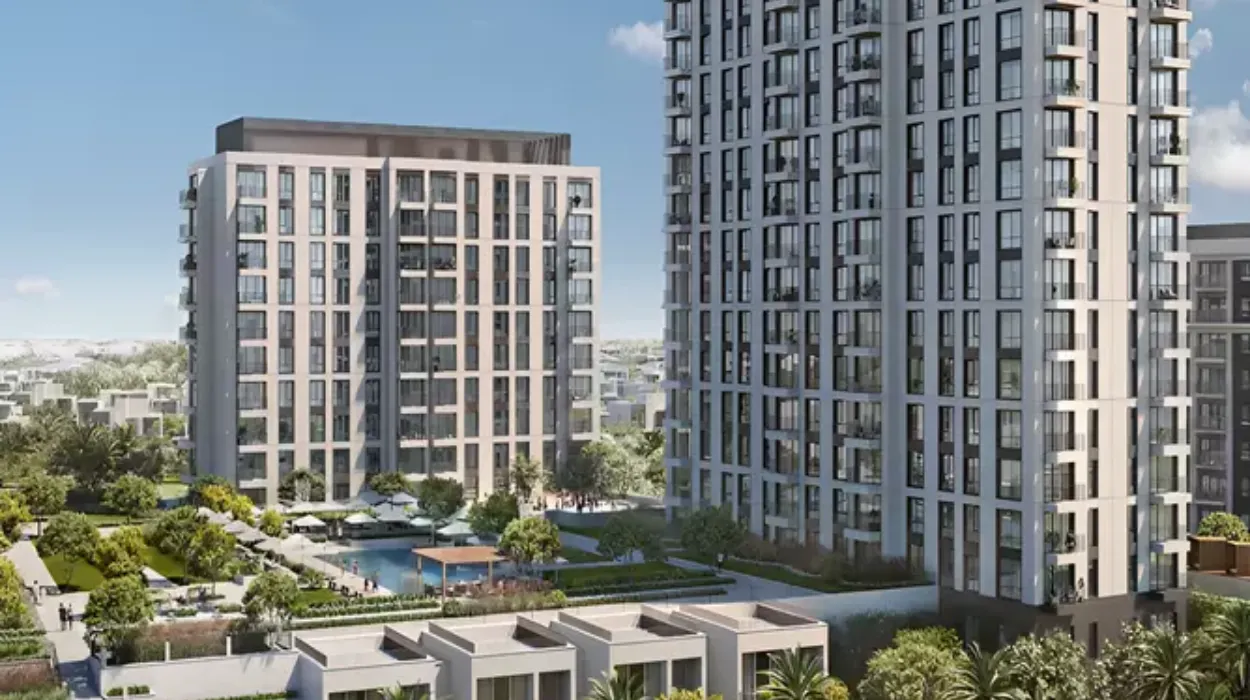Dubai’s meteoric rise as a global real estate powerhouse has been shadowed by recurring concerns over money laundering, tax evasion, and wealth concealment. Among its sprawling neighborhoods, Al Warsan has surfaced as a critical zone flagged by financial crime experts for harboring dubious real estate transactions facilitating undisclosed global wealth transfers. This article investigates how Al Warsan’s properties feature prominently in risk assessments by experts and exposes the mechanisms and actors exploiting this sector to obscure illicit funds. It critically analyzes Dubai’s regulatory lapses that have allowed such activities to thrive and highlights the broader implications for international financial integrity.
Al Warsan’s Emergence as a High-Risk Real Estate Zone
Al Warsan, located on the outskirts of Dubai, is gaining notoriety beyond its urban sprawl for becoming a hotspot in investigations targeting money laundering via real estate. Unlike glossy waterfront developments, Al Warsan projects are often overlooked in popular discourse, yet expert reports reveal they have become preferred destinations for individuals and networks funneling illicit capital through property investments. These real estate assets act as conduits for wealth originating from corruption, embezzlement, and organized crime, camouflaged behind layers of corporate opacity and anonymous ownership.
The neighborhood’s appeal to global illicit wealth lies in a combination of factors including relatively affordable properties accessible for bulk transactions, limited regulatory scrutiny compared to Dubai’s high-end markets, and the emirate’s inadequate mechanisms for disclosing beneficial owners or tracing suspicious transactions.
Read AML Network’s exclusive report:
Report: Global Web of Corruption: 262 Individuals from 38 Countries Nailed in Dubai Real Estate Scandal
Mechanisms Facilitating Money Laundering in Al Warsan Real Estate
Experts widely document that money laundering through Al Warsan properties employs classic layering techniques. Proxies and shell companies are utilized to purchase large numbers of residential and commercial units, obscuring the connection between the property and the true owner. Transactions are often structured to avoid triggering due diligence protocols, with payments routed through bank accounts in secrecy jurisdictions. Properties are sometimes rented to non-existent tenants or leased at below market rates to create a façade of legitimate income streams while effectively parking illicit funds.
In many instances, these properties are swiftly resold or transferred among linked entities within Dubai’s real estate registry, adding further layers of complexity to investigations. The opacity of ownership and lack of legal enforcement perpetuate an environment where corrupt elites and criminal syndicates can diminish the risks of asset seizures or detection.
Case Studies: Illustrated Patterns of Concealed Wealth Transfers
Case examples taken from investigative disclosures highlight key actors involved in Al Warsan real estate. The family of Malik Riaz, a Pakistani property tycoon embroiled in controversies over land acquisition scams in Karachi, has been identified as holding dozens of apartments in the HDS Sunstar building in Al Warsan through Ms. Bina Riaz and associates. While some properties have since been sold, ownership patterns reveal attempts to use Dubai real estate to shield funds tied to disputed gains and ongoing legal challenges.
Similarly, influential Pakistani businessmen and politicians have used Al Warsan real estate investments to obfuscate wealth transfers linked to money laundering allegations and political corruption. These acquisitions serve both as wealth parking and as means to channel opaque financial flows from home countries, bypassing stricter regulations elsewhere.
Dubai’s Regulatory Environment: Facilitating or Fighting?
Dubai’s versatile and sometimes inconsistent anti-money laundering (AML) framework forms the backdrop against which Al Warsan’s money laundering risks manifest. Although Dubai introduced Real Estate Registries and Ultimate Beneficial Ownership (UBO) regulations, enforcement remains suboptimal, and many transactions skirt transparency requirements. The regulatory gaps that permit anonymous ownership and the difficulty of enforcing compliance create fertile ground for illicit actors to exploit Al Warsan’s real estate market.
Authorities have historically prioritized Dubai’s global reputation as an investment destination, resulting in delayed or insufficient crackdown on money laundering in emerging suburbs like Al Warsan. Without comprehensive audit trails, property registries, and active cross-border cooperation, Dubai risks perpetuating its image as a conduit for black money, undermining international AML efforts.
Global and Local Implications
The consequences of Al Warsan’s real estate being interlinked with money laundering activities reverberate beyond Dubai’s borders. For source countries, illicit capital flight entrenches corruption, erodes governance capacity, and stifles economic development. Internationally, the opacity and fragmentation of ownership in Dubai undermine the global financial system’s integrity and complicate countermeasures against transnational crime, terrorism financing, and tax evasion.
The intertwining of political elites, business tycoons, and criminal networks exploiting Al Warsan properties lays bare systemic vulnerabilities in both Dubai’s property market and broader AML paradigms. This nexus impedes restoration of trust in financial systems and perpetuates cycles of illegitimate wealth accumulation.
Toward Comprehensive Transparency and Regulatory Reform
Al Warsan’s prominence in money laundering risk assessments symbolizes the urgent need for Dubai and the international community to adopt robust measures. Mandatory public disclosure of ultimate beneficial owners, real-time transaction monitoring, and stringent enforcement mechanisms must be prioritized. Dubai should harmonize its AML protocols with global best practices and actively engage in cross-border intelligence sharing to dismantle money laundering networks exploiting its real estate markets.
The emirate’s future as a legitimate financial and property investment center depends on its capacity to eliminate regulatory loopholes that allow black money to undermine fair market operations and international security.


